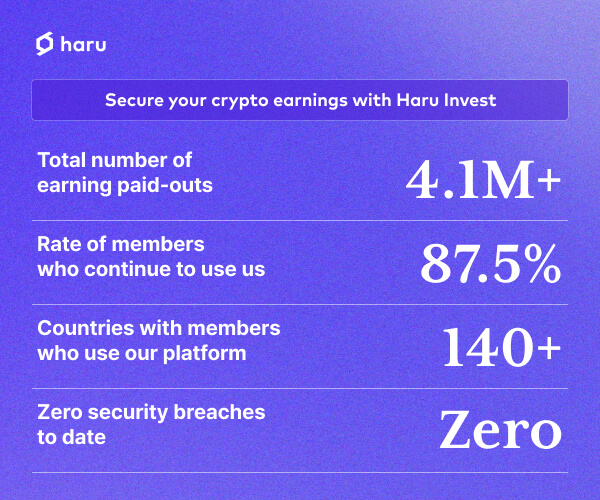Bitcoin Core 24, Bitcoin’s controversial upgrade is now live

Bitcoin Core 24, the long-awaited but controversial upgrade was activated on November 26, opening the door to the Bitcoin memory pool that will act as a waiting room for unconfirmed transactions.
The memory pool will enable full RBF (Replace-by-Fee) logic, which is a way for nodes to either accept or deny conflicting transactions if a transaction has a high fee.
Prior to this upgrade, Bitcoin Core nodes implemented the “opt-in RBF” logic, where miners replaced a conflicting transaction in the memory pool if that transaction was signaled as replaceable. The RBF standard was introduced in 2016 and enabled on the Bitcoin Network through the BIP 125 update. Before RBF, the memory pool accepted transactions on a first-come, first-served basis.
Meanwhile, the new release features a Full-RBF, which the Bitcoin community has discussed as controversial due to fears of making zero-confirmation transactions obsolete. Also, the majority of critics believe that the new feature will encourage double use attacks, causing zero verification applications like Muun to disable the feature for thousands of users.
According to Appolo’s co-founder, Thomas Fahrer, the introduction of Full RBF to Bitcoin will make zero-confirmation transactions more risky because it increases the chances of facing double-use attacks when accepting such payments.
#Bitcoin Core 24.0 was just released.
This one comes with a lot of controversy.
A new feature that affects major industry players, network scalability and security.
I am talking about the configuration option mempoolfullrbf.
Let me break it down as simply as I can. 🧵 👇
— Tom⚡ (@thomas_fahrer) 25 November 2022
Zero confirmation loosely means that the blockchain accepts a Bitcoin transaction before validating miners. In most cases, these transactions are not only safe but also useful. The upgrade negatively affects these types of transactions since miners will now easily substitute them for transactions with higher fees.
Muun wallet, for example, packages unconfirmed transactions into blocks to create submarine exchanges, thereby enabling bulk lightning payments.
The goal of the full Replace by Fee mechanism is to increase transaction fees. This will not only benefit miners, but set an industry standard for the blockchain fee market. Merchants and Bitcoin ATMs that rely on zero-confirmation transactions to meet their customers’ online shopping needs feel that RBF will make their businesses less reliable – some of community to speculate that core developers are trying to default all transactions to RBF.
According to Synonym CEO John Carvalho, “RBF was only supposed to make spending BTC more dangerous for retailers and businesses”
When asked to give evidence of RBF dual consumption, Carvalho cited zero confirmation transactions that provided incentives to protect the network from a potential Sybil attack. Almost the entire community voted NO to his argument, with most members detailing zero-confirmation transactions were insecure, and were only profitable for sellers for a limited period of time.


